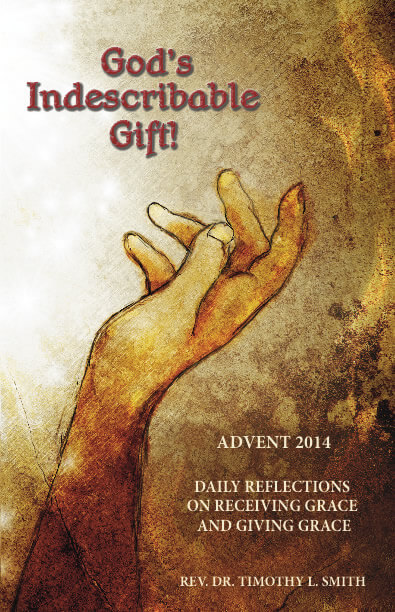
II Corinthians 8:1-4
Abd Al-Rahman III was an emir and caliph of Cordoba in 10th century Spain. He ascended to the throne in his early 20’s and reigned as absolute ruler while living in opulence and luxury. But sadly, towards the end he assessed his life in the following:
I have now reigned above 50 years in victory or peace; beloved by my subjects, dreaded by my enemies, and respected by my allies. Riches and honors, power and pleasure have waited on my call, nor does any earthly blessing appear to have been wanting to my felicity. I have diligently numbered the days of pure and genuine happiness which have fallen to my lot: They amount to fourteen.
Who could not feel for Abd Al-Rahman in his sorrowful looking back at life! Riches, honors, power, and pleasure in his fifty-year reign, and just fourteen days of what he could call happiness! Contrast that to the Macedonian Christians who in “a severe ordeal of affliction” and “extreme poverty” experienced “abundant joy”! Paul calls this “the grace of God” given to them. Having received the reality of God’s grace in the midst of severe trials, that grace then flowed through them to others. “We love because God first loved us” (I John 4:19). True giving originates not in guilt, pressure or fear, but in receiving the marvelous grace of God.
The Macedonia Christians were so impoverished that Paul had not even asked them to participate in the collection from churches in Greece and Asia Minor for suffering Christians in Jerusalem. Those in Jerusalem had been devastated both by persecution as well as drought and famine during the reign of Emperor Claudius from A. D. 41-54 (Acts 11:28-29), and a collection was being gathered for them.
Paul was amazed at the generosity of the Macedonian Christians in wanting to give, and knew that it was God’s grace at work in them. He says that the Macedonians “were begging earnestly” to give. They considered it a “privilege”, (literally, “grace”, translation of the Greek charis) to give to their brothers and sisters. They had so experienced God’s grace that they wanted to show unconditional goodness to people they didn’t even know, and would likely never meet. The result was “abundant joy” for the Macedonians. They had learned the “great secret of consenting to be loved while unworthy, and expecting to be blessed though realizing more and more lack of worth”. (William Newell, Romans Verse by Verse)
The Macedonians might have pleaded exemption from giving as they too were enduring persecution and poverty (II Thessalonians 1:4; Acts 17:1-9). They were suffering at least as much as the Christians in Jerusalem. How would they be expected to give when their futures seemed so uncertain? But “they voluntarily gave according to their means, and even beyond their means”. In their “ordeal of affliction” the grace of God overflowed through them to others. They experienced a joy that Abd Al-Rahman never knew.
REFLECTION
- How is it that God’s grace moves His people to give generously in time, treasure, and talents? How might God’s grace be moving you?
- Think of an instance when giving generously created joy in you.


